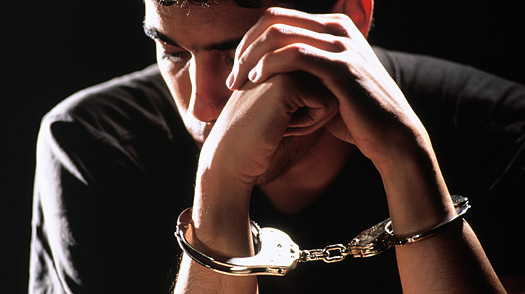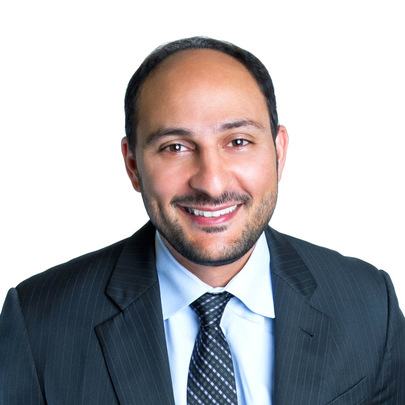Why Juvenile Justice?
Many young people find themselves on the wrong side of the law, not because they are bad or do not have morals, but because they were influenced by others, or emotionally confused and seeking attention. A civil society recognizes that youthful offenses are quite often the result of a lapse in judgment due to lack of experience and foresight, and that is why the juvenile justice system was put in place. A judge in juvenile court takes into consideration that a young offender is more likely to be rehabilitated if proper intervention takes place.

No Place for Children
Despite the fact that the juvenile justice system in California is supposed to focus on rehabilitation, the vast majority of those in the District Attorney’s Office do not see it that way: They want punishment, often with substantial long-term consequences. Inside of a cell, behind razor-wire fences is no place for your child to receive the proper “Rehabilitation” that he or she deserves, yet many juveniles without proper counsel remain in this situation, feeling helpless. Don’t let them lose hope. It may cause serious damage that could last a lifetime.
We're Here to Help
We are criminal defense attorneys that specialize in Juvenile Court cases. A criminal defense attorney well rehearsed in an adult court may not have the proper experience or knowledge to handle your juvenile case properly, and that is why it is imperative that you find an attorney that advocates for you within the juvenile justice system.
The Four Hearings of Juvenile Court Process
- Detention Hearing: Determines whether the juvenile can be released to his or her parents or must stay in custody during the case.
- Fitness Hearing: Determines if the juvenile’s case will be heard in juvenile delinquency court or be transferred to an adult criminal court (note: a fitness hearing does not occur in the majority of juvenile cases).
- Adjudication Hearing: The juvenile’s “trial” is conducted in front of a juvenile court judge.
- Disposition Hearing: The judge’s decision or sentence in the juvenile’s case.
Expungement of Juvenile Criminal Records
Depending on the severity of the case, once a young person who has been convicted of a juvenile crime becomes a legal adult, there is an opportunity to seek to expunge their juvenile criminal record. The procedure for filing a motion to expunge can be confusing. Our Los Angeles juvenile defense attorneys have considerable experience obtaining expungements of criminal records throughout California for young people who want a completely fresh start.
Act Quick to Avoid Charges Altogether
In an American juvenile court, it is possible to avoid placing formal charges utilizing something called Early Intervention. There are seven official factors that can help formal charges be avoided:
- The severity of the offense. A serious crime is more likely to result in the filing of a petition than a less severe crime.
- The minor's age. Petitions are more likely to be filed in cases involving older children.
- The minor's past record. Formal charges are more likely when a minor has been previously involved with juvenile court.
- The strength of the evidence that the minor committed a crime. Obviously, stronger evidence leads to a greater likelihood of formal charges.
- The minor's sex. Formal charges are more likely to be filed against boys than against girls.
- The minor's social history. Petitions are more likely to be filed when children have a history of problems at home or school.
- The parent's or guardian's apparent ability to control the minor. The greater the lack of parental control, the more likely the intake officer is to file a petition.
Along with these seven, four "unofficial" factors can sway an official:
- The minor's attitude. Formal proceedings are less likely to occur when a child shows remorse for committing a crime.
- The minor's appearance. If the young person is polite, dressed well, and neatly groomed, then the intake personnel are more likely to handle the case informally.
- Whether the minor has family or community support. The more support the young person has, the more likely the intake officer is to deal with the case informally.
- Whether the minor has an attorney.
FREE CASE EVALUATION
Client Reviews
CALL US, LET'S DISCUSS YOUR JUVENILE CASE
Seppi Esfandi places your needs first, and guides you through your legal proceedings personally and compassionately. When working with Seppi, you will always know the details of your case and have the opportunity to express your side of the story. We will take a personal investment in your case and work tirelessly to ensure the best outcome. o call.
.
